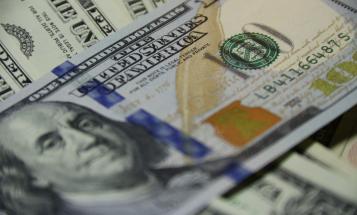
Media
We are changing the conversation around our democracy and economy by telling influential new stories about our country and its people. Get our latest media updates here.
Press release/statement
In the media
Image

In the media
Super-featured
In the media

